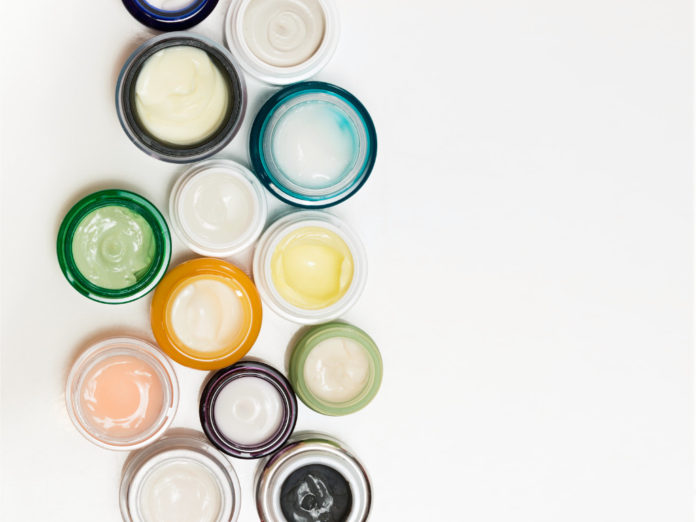
Listen up, ladies! I’m as excited about perusing the drugstore makeup and cosmetics isles as the next girl, but lately I’ve discovered that what I’d been using all these years on my face, hair, and body has been pretty, well… harmful.
And with that said, I want to remind my readers that if you’re going to sell cosmetics as a business, you NEED to make sure that you are using a reputable OEM Cosmetics Manufacturer such as Ziampro. Know your supplying source, and know the ingredients that go into the products!
Last year, I was introduced to the clean beauty movement by a college friend, Kris, who’s always been more with it than I am. I quickly learned the FDA has very few guidelines for monitoring the safety of our personal care products. In fact, hundreds of chemicals and additives banned in other countries are allowed in makeup and skincare products in the United States.
With a strong family history of cancer, I try and eat and live by the Anticancer diet rules directly from the book Anticancer: A New Way of Life (authored by the late Dr. David Servan-Schreiber, M.D., Ph.D. and available on Amazon), but I hadn’t given much thought previously to the products I slather on my face and body.
According to the Environmental Working Group (EWG), a non-profit, non-partisan organization dedicated to protecting human health and the environment, women use an average of 12 products a day leaving nearly 168 different chemicals for your body to absorb. One of main offenders? Parabens.
The non-profit BreastCancer.org explains that parabens (methylparaben, propylparaben, ethylparaben, and butylparaben) are chemicals commonly used as preservatives in many cosmetic products, including makeup, moisturizers, hair care products, and shaving creams/gels. Parabens can penetrate the skin and mimic estrogen in the body – potentially triggering hormone-receptor positive breast cancers. Parabens have been found in breast tissue and breast cancers, and while research is inconclusive as to whether parabens directly cause cancer, there is definitely a correlation. The same goes for the chemical phthalates, which help products become more pliable and durable. Phthalates can be found in nail polish, hairspray, perfume, and many other personal care products.
While researching this trend in chemical use, I came across the EWG’s Skin Deep database that rates cosmetics based on their safety. Naturally, I ran to my own bathroom and began pouring over the labels on each product under my sink, in my shower, and in my makeup bag. Once I understood the products I’ve been rubbing onto my face (in gentle circular motions, of course) and body, as well as lathering into my hair – for more than 30 years – contained harmful ingredients, I had to sit down.
This was a pivotal moment for me. However, as I became more aware of safer alternatives, I realized that finding cleaner and more effective products doesn’t require as
much trial and error as some of you may think.
One way to ensure using the safest possible cosmetics, makeups, soaps, and lotions is to utilize the Beautycounter brand. A leader in the clean beauty movement, Beautycounter is a personal skin and cosmetics company committed to health and safety standards that go well beyond what is legally required in the U.S. You can outsource your research to them and rest easy knowing you are using a company with the highest standards. As a Beautycounter consultant myself, I encourage you to take a look at my site and trade in some of your worst offenders with our ‘clean swap’ suggestions online, as I did.
Another excellent resource for clean makeup and personal care products is the San Francisco-based beauty online retailer, Credo Beauty. The company promises the largest non-toxic beauty and skincare assortment vetted by experts and tested by their own team.
Two local health-conscious companies, Soytopia and Forever Eden Organics, both based in Maryland also produce products free of questionable ingredients.
Stay connected on Facebook and Instagram this summer for periodic giveaways of some of these great products.
A Cleaner, Safer You
Visit Ewg.org/SkinDeep for more information on personal care product safety rankings and Beautycounter.com/OdaSolms or CredoBeauty.com to shop for new, safer products.










